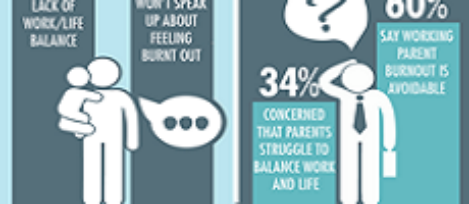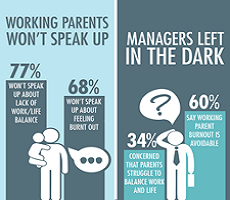December 4, 2015
Zero-hours contract employees happy as permanent, full-time staff 0
 People working on zero-hours contracts have less pressure and a better work-life balance than full time employees, a survey published by the CIPD claims. Zero-hours employees experience similar levels of job satisfaction and personal wellbeing to employees on permanent, full-time contracts and also report comparable satisfaction levels in their relationships with managers and colleagues. However, the report also shows that, while the majority of zero-hours employees choose to work part-time, they are more likely than part-time employees to say they would like to work additional hours. The research also updates the CIPD estimate of the number of employees on zero-hours contracts, which has increased from 1 million in 2013 to 1.3 million in 2015. The proportion of zero-hours contract employees who are either very satisfied or satisfied with their jobs is 65 percent, compared to 63 percent for all employees.
People working on zero-hours contracts have less pressure and a better work-life balance than full time employees, a survey published by the CIPD claims. Zero-hours employees experience similar levels of job satisfaction and personal wellbeing to employees on permanent, full-time contracts and also report comparable satisfaction levels in their relationships with managers and colleagues. However, the report also shows that, while the majority of zero-hours employees choose to work part-time, they are more likely than part-time employees to say they would like to work additional hours. The research also updates the CIPD estimate of the number of employees on zero-hours contracts, which has increased from 1 million in 2013 to 1.3 million in 2015. The proportion of zero-hours contract employees who are either very satisfied or satisfied with their jobs is 65 percent, compared to 63 percent for all employees.




































June 8, 2015
Three reasons why National Work From Home Day has it all wrong
by Mark Eltringham • Comment, Flexible working, Public Sector, Technology
Last Friday was National Work From Home Day in the UK. Each year, the TUC and organisers Work Wise seem to take this as an opportunity to analyse data about the uptake of flexible working and arrive at the wrong conclusions. This year, its analysis of the ONS Labour Force Survey found that the number of people regularly working from home had increased by more than 800,000 since 2005, taking the total to over 4.2 million. These are solid enough data, but what are we to make of TUC General Secretary Frances O’Grady’s conclusion that: “these figures show millions of British workers have adopted homeworking and are enjoying a better work-life balance, while saving time and money on costly commuting that benefits no-one”? There are several reasons to suggest that he’s got that wrong to a large extent.
(more…)